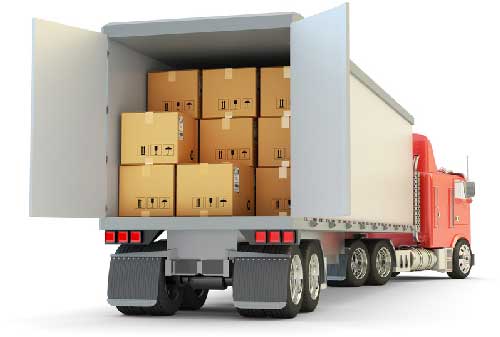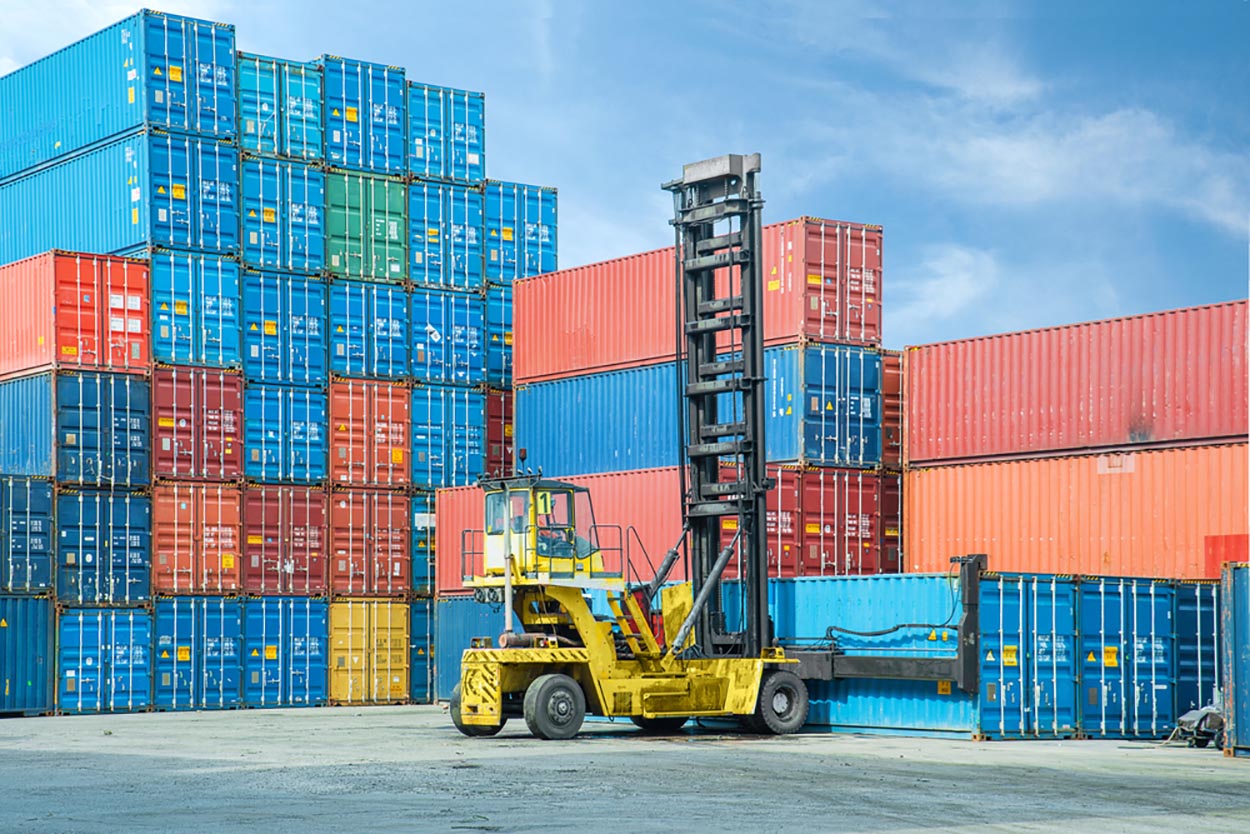Cargo Expedition: Pioneering International Connectivity and Commerce
Cargo Expedition: Pioneering International Connectivity and Commerce
Blog Article
Cargo expedition is a crucial component of the global economy that facilitates the transportation of commodities and goods around the world. It encompasses the logistics, transportation and distribution of different kinds of merchandise, which range from raw materials through to final product. Be it by air, land or water, the cargo transportation allows companies to reach international markets, and customers to get products worldwide. As industries grow and global trade grows, the significance of safe and effective cargo transport continues to grow. Thanks to technological advances and the ever-growing demand for speed, cargo transport is changing the way things are shipped which makes it an integral part of the modern world of trade.
The flexibility of cargo trips is in their capacity to adjust to different methods of transport in order to satisfy specific transport requirements. Air freight offers unparalleled speed and is ideal for high-value and time-sensitive items such as medical devices and electronics. Ocean freight leads in terms of volume and facilitates the transportation of bulk commodities like petroleum products, agricultural goods as well as automobiles. Transportation on land, comprised of railroad networks and trucks connects ports and airports to their destinations of final delivery, providing complete logistics solutions. Integrating these transportation methods into multimodal systems enables cargo operations to find an equilibrium between efficiency costs, price, and delivery times, which makes them vital to businesses of all sizes.
The logistics of cargo trips require meticulous plan and coordination in order to ensure the efficient movement of goods. Shipping companies must account for elements like climate conditions, customs regulations, and security protocols when planning the transport of cargo. In addition, they must optimise delivery routes and schedules so that they can reduce costs and delay. In many cases, cargo expeditions involve multi-modal transportation that involves the movement of cargo among different types of transportation. For instance, cargo could be transported by ship to major ports, after which it is transported via truck to a distribution center. The ability to seamlessly transition between the various transport modes is vital to ensuring effectiveness and minimising disruptions to the supply chain.
Technology has played a pivotal contribution to the advancement of Cargo Expedition by significantly increasing both the speed and accuracy of shipping. Innovative tracking technologies that include GPS and RFID, allow real-time monitoring of the movement of cargo. This transparency helps both the shipper and customers by providing accurate shipping updates, and insuring the protection and integrity of transport. Digital platforms have also made it easier to manage the booking and documentation process, allowing companies to manage the shipping process more efficiently. Utilizing advanced software, businesses can automate customs clearance, streamline shipping routes and monitor the inventory of their customers, thereby reducing the chance of human error while improving overall service delivery. As technology continues to advance, the role of automation AI, artificial intelligence, as well as data analytics in cargo expeditions will enhance efficiency and speed of global logistics. To find further details please head to https://muat.com/
Sustainable development has become an ever-growing concern for the sector of cargo transportation. Transportation, specifically air and sea freight, is one of the major contributors to carbon dioxide emissions in the world. As the world faces growing environmental problems, a number of businesses have been working to reduce the environmental impact of transportation for cargo. The result is advancements like the use of energy-efficient shipping vessels, the utilization of biofuels in aviation, and the invention of electric vehicles for delivery on land. A lot of logistics firms are working to cut down on their consumption of fuel via more efficient routing, and consolidating shipments to minimize the number of journeys required. Moving towards greener methods when it comes to cargo transportation is not solely beneficial for the environment but also for businesses, as consumers and governments are increasingly embracing companies with eco-friendly ways of doing business.
The need for cargo-expedition services is closely tied to the growth of online shopping, which has dramatically changed how goods are sold and bought. Shopping online has led to an international marketplace in which goods can be sold to clients from all continents, and demand faster and more reliable delivery systems. Online retailers, especially giants such as Amazon and Alibaba are revolutionizing the logistics industry by making use of advanced technology within their supply chains. This has allowed companies to provide near-instant delivery times. It has set the bar for other businesses, forcing the companies to invest in streamlined cargo expedition solutions to remain efficient. As e-commerce continues to grow, the need for streamlined and effective cargo services will be more essential as ever, altering the global logistics systems and driving innovation across the field.